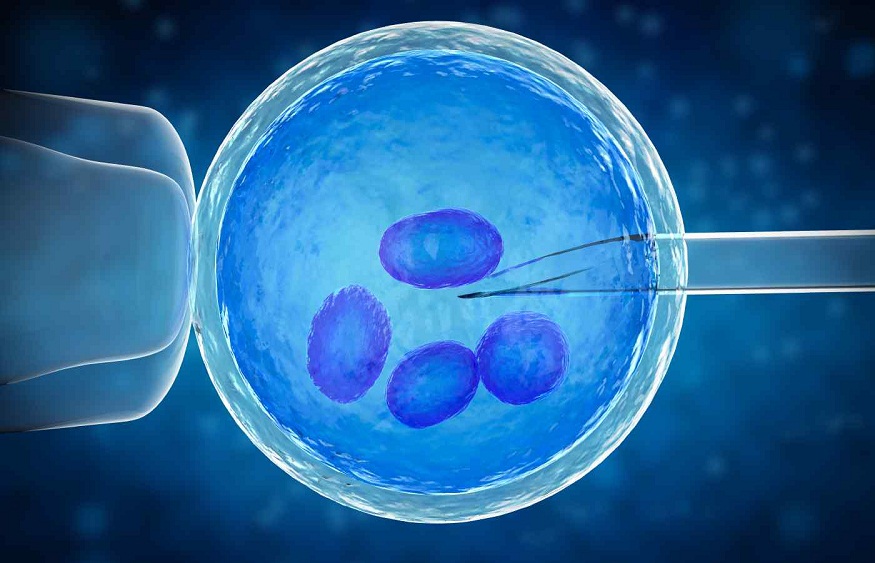Preimplantation Genetic Diagnosis (PGD): A Conversation With A Specialist

Welcome to our conversation on Preimplantation Genetic Diagnosis (PGD) with a specialist from University Reproductive Associates. Today, we delve into the world of PGD. A fast-developing field, PGD can help hopeful parents-to-be. It screens embryos for genetic diseases before pregnancy begins. This chat aims to shed light on the process, benefits, and potential challenges of PGD. Our guide through this complex topic is an expert from University Reproductive Associates. Their knowledge and experience will help dispel doubts and clarify facts about this helpful procedure. We start our journey here.
What is Preimplantation Genetic Diagnosis (PGD)?
PGD is a method of checking embryos for known genetic conditions. It’s done before the embryo is implanted into the uterus. PGD gives parents a measure of control. They can avoid passing on certain conditions to their children.
How PGD Works
PGD blends advanced genetic testing with in-vitro fertilization (IVF). It involves several steps. First, eggs are harvested from the female and fertilized with male sperm in a lab. These eggs grow into embryos. On the third day, a single cell is taken from each embryo. This cell is tested for specific genetic conditions. Embryos without these conditions are then transferred to the uterus. This gives them a chance to implant and grow into a baby.
Benefits and Challenges of PGD
PGD has clear benefits. It reduces the risk of having a child with a severe genetic disease. Yet, it also has challenges. The procedure can be emotionally, physically, and financially demanding. It may also raise ethical and moral questions for some people.
| Benefits | Challenges |
| Reduces risk of genetic diseases | Financial cost |
| Early diagnosis | Emotional stress |
| Increased chances of successful IVF | Physical toll of procedure |
| Potential to stop a disease in its genetic line | Ethical and moral questions |
Conclusion
PGD is a powerful tool for potential parents. It’s not the right choice for everyone. But for those at risk of passing on genetic conditions, it could be a game-changer. With our specialist’s insights, we hope you now have a stronger understanding of PGD.








